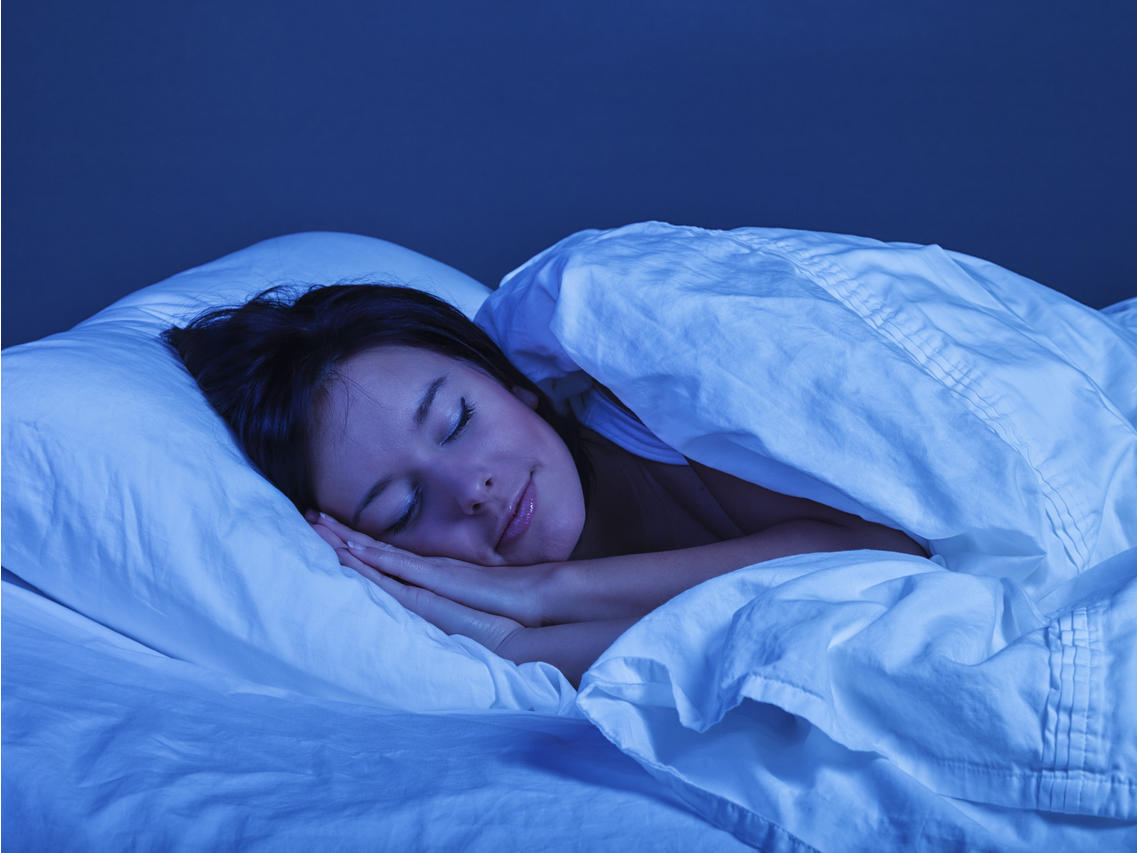A good night’s sleep is the key to a productive day and a healthy organism. Insomnia can increase the risk of some medical conditions (like asthma attacks and seizures) and mental health disorders. Not to mention those horrible dark circles under your eyes. If you are jealous of people that wake up and look fresh and rested, and never feel drowsiness or fatigue, maybe CBD is what you were looking for, and there is a good amount of research to support that.
How does CBD for sleep work?
CBD doesn’t make you go to sleep instantly, as prescription drugs do. Rather it helps fight some of the reasons that could be causing you to stay awake.
Anxiety is one of the leading insomnia causes. CBD interacts with serotonin receptors and can help put your racing mind in peace and promote relaxation. No more staying up until 5 a.m. or waking up in the middle of the night. Read more about how CBD battles anxiety here.
Pain is another reason that can disrupt your sleep cycle. Your endocannabinoid system works to ensure the body’s overall balance, and one of the ways it does so is by managing pain perception. CBD is used to reduce inflammation and treat different kinds of pain, from arthritis and migraine to multiple sclerosis and chronic pain. You can learn how exactly cannabidiol alleviates pain here.
There are also studies that show that CBD may help with REM sleep behavior disorder. Patients with that disorder, that sometimes is linked to Parkinson’s disease and PTSD, react physically to their dreams. That results in poor sleep quality, and in some cases, there is a risk of injuring themselves or others.
Substance abuse very often causes sleep problems. There is promising research that CBD might be useful in treating substance use disorders, from cocaine and opiods to cigarettes. So, by helping battle addiction, CBD also helps, indirectly, with sleep problems.
In smaller doses, CBD stimulates alertness and reduces daytime drowsiness. That’s important for daytime productivity and for the consistency and regulation of the sleep-wake cycle.

Takeaway
CBD can help battle a lot of everyday ailments, with its calming and anti-inflammatory effects on our body, but there’s still a lot to learn about how it works exactly.
Through research, scientists have discovered that it interacts with many different proteins, receptors, and chemicals in the brain. These interactions spark reactions and create changes in the activity of hormones and other cells throughout the brain and body. Through those interactions, CBD affects the sleep-wake cycle and other bodily functions.
Moreover, by bringing relief from anxiety, pain, and the rest of the above-mentioned problems, CBD can help you sleep better.
Dosage
We love CBD and its medicinal properties, but by no means, it’s a miracle treatment. The way each individual reacts to cannabis is highly individualized, so the amount of dosage is different for everyone.
If you want to start using CBD for sleep, talk with your doctor and determine the root of the problem. That would be the first step to blissful nights and energy-filled days.

